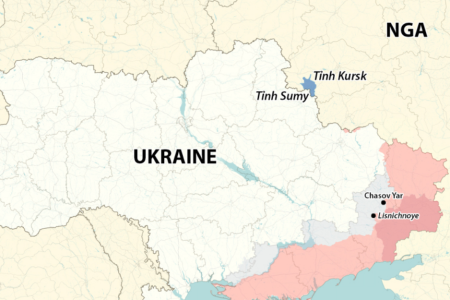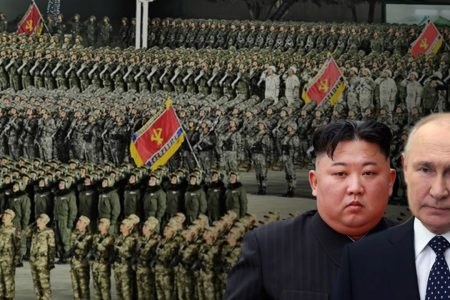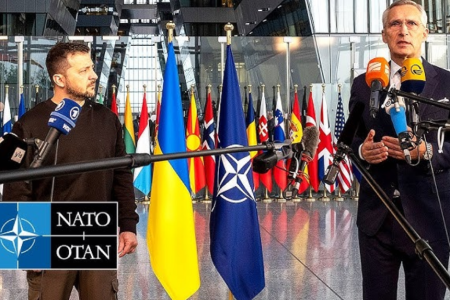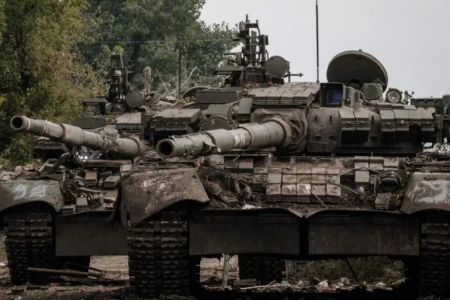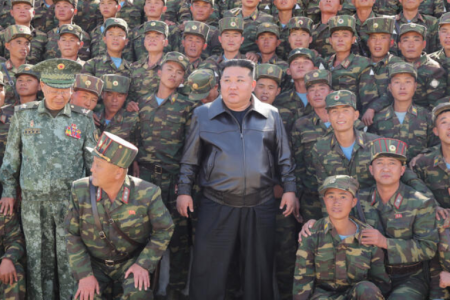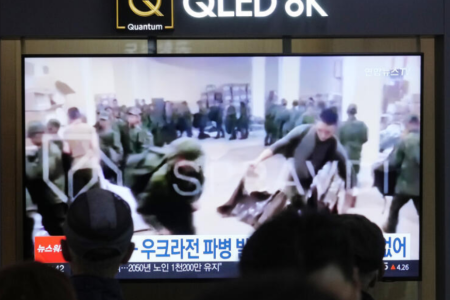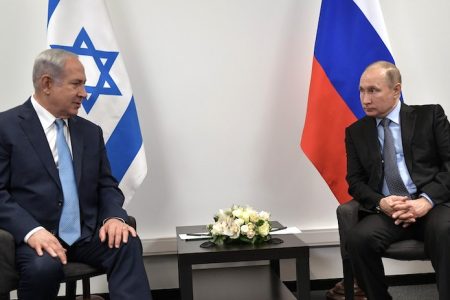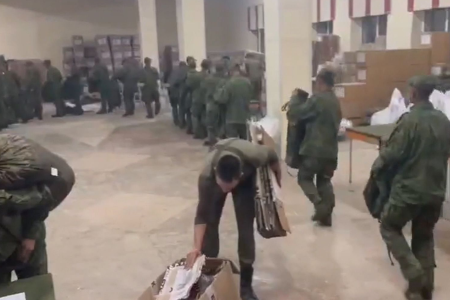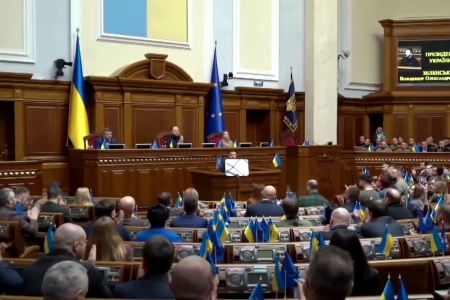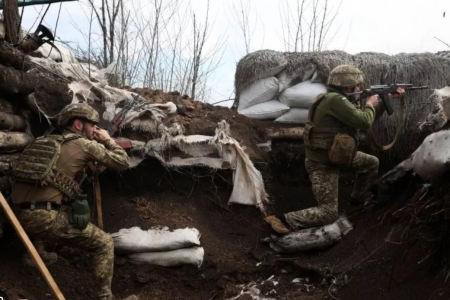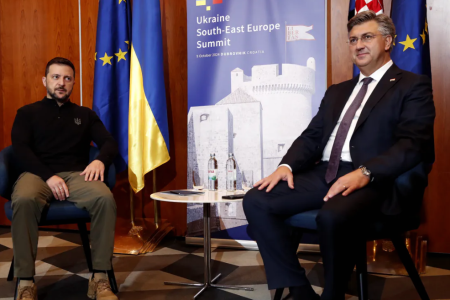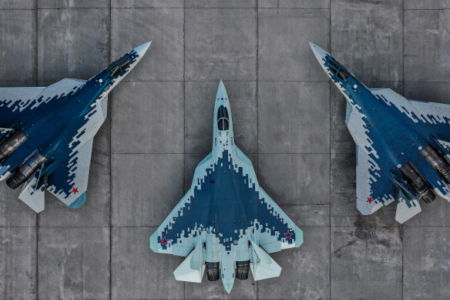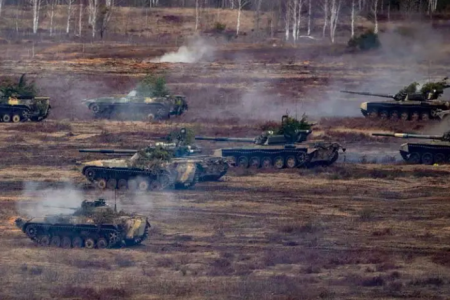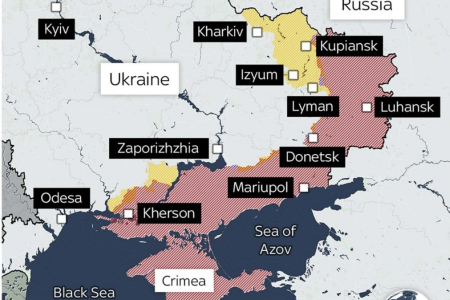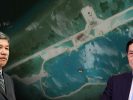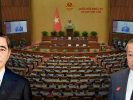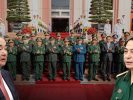The COVID-19 pandemic originating from China has drived many Western countries to seek to reduce their dependence on China. The same tendency can be observed in Southeast Asian countries such as Cambodia and the Philippines once considered China’s allies. The two countries have taken steps to show their desire to reduce their dependence on China and raise their vigilance.
Speaking at the groundbreaking ceremony of a coastal project in Sihanoukville province on June 1, Cambodian Prime Minister Hun Sen denied that Ream’s military port allows only Chinese warships to dock and affirmed that Phnom Penh is welcoming warships from all other countries, including the US.

According to the Cambodian leader, recently some foreign diplomats, including the US, have expressed concern about Phnom Penh over the information that Cambodia only favors Chinese warships to its strategic ports which is located towards the Gulf of Thailand.
And Hun Sen asserted, “If one country’s warship is docked at Ream, the other countries can do that. We don’t close the port to any other country.”
Hun Sen said that the Cambodian Constitution does not allow foreign military bases to be set up in his country but foreign warships are welcome.
According to AP, the Cambodian leader said that Beijing does not need to set up bases in his country because there are other bases in the East Sea (South China Sea), referring to the illegal artificial entities that China has built.
At the same event, Hun Sen said Cambodia was ready to attend joint exercises with all countries. However, this is only done after the COVID-19 pandemic has passed.
A day after the statement, the Cambodian Prime Minister’s Office released a statement stressing Phnom Penh that it “will not ally with one country against another.”
Cambodia’s Prime Minister’s June 2 statement stated: “Recalling the Cambodian position again to avoid any suspicion regarding the Ream port. Cambodia has not allied with one country against another nor allow foreign military presence on Cambodian territory. We are not stationed our army in any other country, except under the UN flag.”
Less than a year ago, Hun Sen also denied that Cambodia leased Ream military to China for 30 years after the US Wall Street Journal quoted information from anonymous officials of the country and its allies saying Beijing and Phnom Penh earlier this year secretly signed an agreement giving China exclusive rights to use part of Cambodia’s Ream naval base in the Gulf of Thailand.
PM Hun Sen said on July 22, 2019: “This is an unprecedentedly horrific fabrication of information aimed at Cambodia. That is not possible because the establishment of a foreign base on the territory is against the Cambodian Constitution.”
The Ream base is operated by the Cambodian navy in Sihanoukville province in the southwest of this country, located on the coast bordering the Gulf of Thailand.
The US and Cambodian military have conducted a number of joint exercises here before bilateral defense relations became cold, as Phnom Penh moved closer to Beijing.
Since 2016, Cambodia indefinitely suspended joint exercises with the US and by August 2017 relations between Cambodia and the US became strained after Phnom Penh accused Washington of meddling in internal affairs of country.
Instead, relations between Cambodia and China have become increasingly close. On March 15, despite the COVID-19 pandemic, nearly 3,000 Cambodian soldiers began the Golden Dragon exercise with China. This is the fourth Golden Dragon exercise between Cambodia and China. Earlier, Cambodian Defense Minister Tea Banh and Chinese ambassador to Cambodia Vuong Van Thien had affirmed they would not postpone the Golden Dragon exercise 2020 despite the outbreak of COVID-19. The announcement was made at the handover ceremony of Cambodian COVID-19 protective equipment to China’s Ministry of National Defense.
China has been the largest donor to Cambodia in recent years. In addition to military aid, Beijing in 2017 provided Phnom Penh with $11 million to organize local elections. The concentrated infrastructure projects in Phnom Penh and the port city of Sihanoukville have made the land of pagodas completely change the face quickly.
In return for hefty investments from China, Cambodia has given China its vote and voice by supporting Beijing’s geopolitical stance at international forums on issues such as China ‘s territorial sovereignty claims in the South China Sea.
Many analysts believe that setting up a base in Cambodia will provide an opportunity to expand China’s military strategy significantly, and tilt the balance of power in the region in a way that will put pressure on neighboring countries in the ASEAN which tend to side with the US more.
Another member of ASEAN in recent years with a close relationship with China, the Philippines recently made an unexpected decision when it announced the postponement of the decision to terminate the Visiting Forces Agreement (VFA) with the US.

This notice is published on the US Embassy’s website in the Philippines with the following content:
“On June 1, the Philippine government informed the US Embassy in the Philippines of its suspension decision on the termination of the Visiting Forces Agreement.
The US welcomes the Philippine government’s decision. Our long-standing coalition has benefited both countries and we look forward to continuing our close cooperation on security and defense with the Philippines.”
Also on June 2, Philippine Foreign Minister Teodoro Locsin wrote on Twitter that the decision was made by order of President Rodrigo Duterte.
Mr. Teodoro Locsin also explained that President Rodrigo Duterte changed his decision with the argument: “A person who does not change his mind does not change anything ….“
At the same time, he stressed: “Situations in the world are changing widely and quickly, during the pandemic and the tension of increased superpowers, a world leader needs to ‘think fast, hurry.’ for the safety of the nation and peace for the world … “
Earlier, in early February of this year, President Duterte announced the cancellation of an agreement signed in 1998 between the US and the Philippines.

President Duterte’s decision is said to have stemmed from a discord that began when the US Senate passed a resolution to punish Filipino officials in connection with Mr. Duterte’s drug war, and the detention of Senator dissident Leila De Lima. In particular, the US canceled the visa of loyal Senator Ronald “Bato” Muff Dela Rosa, one of Duterte’s bloody drug warfare leaders.
The official reason given by Mr. Duterte is to help the Philippines to diversify diplomatic relations and to make the Philippine military more independent.
Despite military objections, Manila sent a notice to cancel VFA on Feb 11, activating the deadline 180 days before officially ending the agreement on August 9.
VFA plays an important role in one of Washington’s most important allied relations in Asia. VFA provides a legal framework for the US military to move to the Philippines. According to experts, without this agreement, bilateral defense agreements could not be implemented.
However, the future of the deal remains uncertain as Manila is only postponing the cancellation. According to the June 1 letter sent by the Philippine Department of Foreign Affairs to the US embassy, the delay of VFA cancellation “will continue for 6 months” and may be extended for another 6 months, after which it will be resumed the process of canceling the agreement as announced on Feb 11.
It can be seen that the official announcement of the postponement of the decision stated that the cause was “political developments and other issues in the region“, but did not elaborate.
Photo 6: US warships visiting the Philippines under the VFA signed between the two countries
Some analysts believe that the cause of the rising tension in the South China Sea is China’s behavior itself.
Maintaining a military agreement with the US is also an effective tool to curb Chinese provocations in the South China Sea.
Marine law expert Jay Batongbacal, dean of the University of the Philippines’ School of Law and Marine Affairs, said Duterte decided to continue to maintain the VFA due to recent Chinese actions in the South China Sea targeting Vietnam, Malaysia and Indonesia.
Batongbacal told the SCMP that the Philippine armed forces are vulnerable because of a lack of patrol boats and supplies.
He said. “The two largest Philippine ships are still in India, if I remember correctly, while other air and sea vehicles are being used to transport supplies and medical supplies.”
Greg Poling, director of the Asia Maritime Transparency Initiative at the Center for Strategic and International Studies (CSIS) in Washington, USA, assessed that the abolition of VFA “always receives little support.”
“Now China is behaving aggressively while the COVID-19 pandemic is causing most of the meetings of senior US and Philippine officials to cancel,” Poling said. Apparently someone have convinced Mr. Duterte that for this and other reasons, they needed more time.”
Thoibao.de (Translated)



